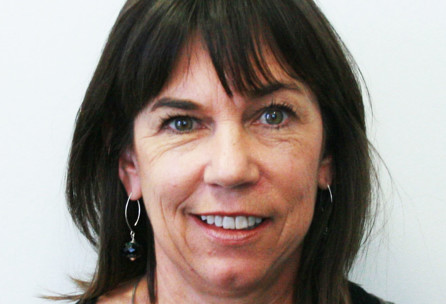Severe infections in young babies account for one third of newborn deaths. The newly cut umbilical cord is an important entry point for infections. Daily application of 7.1% chlorhexidine, a topical antiseptic, to the umbilical cord stump in the first week of life can prevent many cases of infection in low- and middle-income countries.
Current research conducted by Burnet Institute in East New Britain Province, PNG suggests that routine postnatal care service coverage in the first week ayer birth is low, reaching only approximately 17% of mothers. Data from this study also shows low levels of parental awareness of what constitutes good preventative postnatal care.
Therefore, the overall aim of this study was to scale-up information and education relating to the postnatal period, and introduce chlorhexidine for use by families.
Objectives:
- Examine current postnatal care practices assessing what health workers and parents already know and want
- Train health care workers and village health volunteers on provision of postnatal care education, including use of chlorhexidine for umbilical cord care
- Distribute chlorhexidine gel to parents through health facilities and home visits from village health volunteers
- Measure improvements in postnatal care from the perspectives of health workers, village health volunteers and parents between the start and end of the project.
2018-2019
Activities:
This study was undertaken in five selected health facilities providing antenatal and postnatal care in East New Britain, and communities in the catchment area of two of these facilities. Key activities included:
- Postnatal education provided during antenatal care clinics by trained health workers including distribution of and training on chlorhexidine for umbilical cord care
- Enhancing the quality of postnatal care provided at health facilities through training and supervision of health workers, including distribution of and training on chlorhexidine
- Distribution of chlorhexidine and basic postnatal care education to the community in line with national and provincial guidelines, though training and supervision of village health volunteers to provide home visits.
- Semi-structured interviews with health facility staff and village health volunteers, observations of postnatal and antenatal care services and focus group discussion with new and expectant parents will take place at two time points: baseline and end line.
- In 2018, we worked closely with the manufacturer GSK to arrange for purchase and supply of the first tranche of 9,000 boxes of umbilical cord chlorhexidine (Umbipro) for use in ENB. This is the first deployment of this commodity in the country.
- From December 2018 we began trialling different approaches to postnatal care, including home visits by VHVs – so far these have been successful in connecting families with life- saving care
Project Pages | Burnet Institute - In 2019 we developed PNG’s first set of targeted postnatal community education materials, aiming to help families understand more about how to care for mothers and babies in the first crucial weeks ayer childbirth.

Funding
Partners
- GlaxoSmithKline
Partners +
Collaborators
- GlaxoSmithKline
- East New Britain Provincial Health Office
- Papua New Guinea National Department of Health
- Dr Chris Morgan
Project
Team
Meet the project team. Together, we are translating research into better health, for all.


